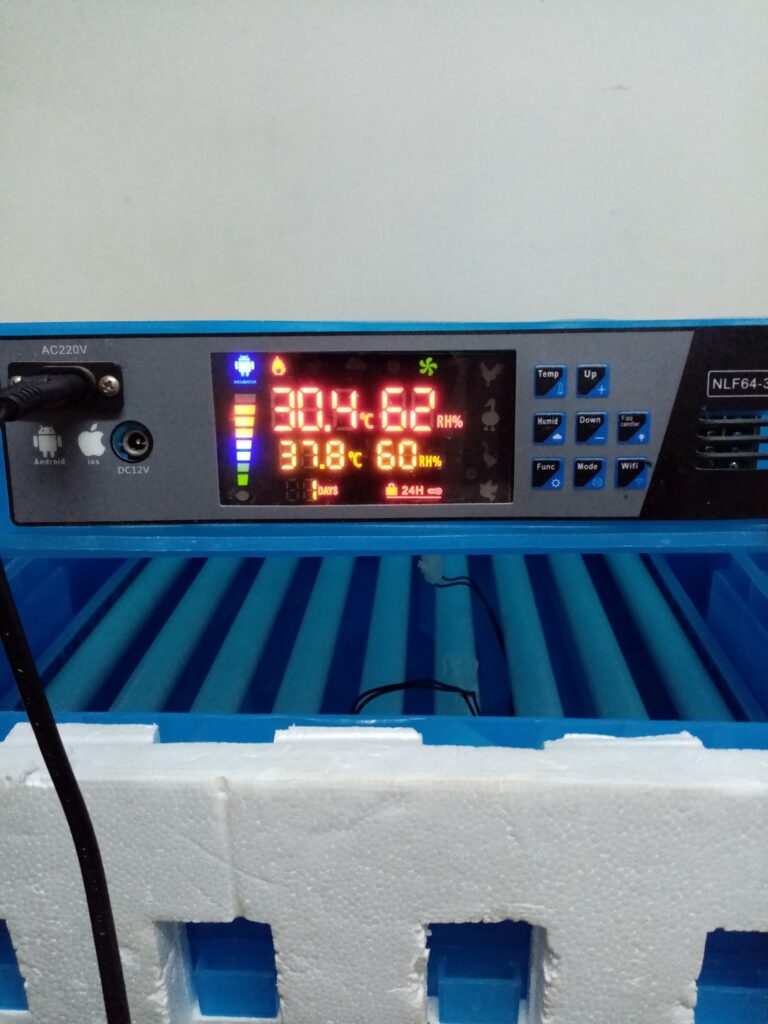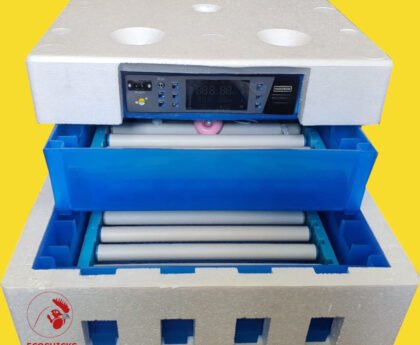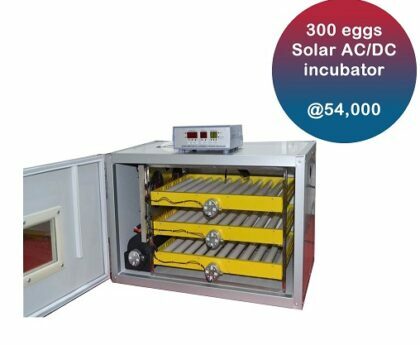High humidity in an incubator can have several effects on the development of eggs. Here are some of the effects:
- Reduced hatchability: When the humidity is too high, the eggs can absorb too much moisture, leading to reduced hatchability. The excess moisture can cause the embryo to drown or create conditions that are not conducive for hatching.
- Deformities: High humidity can cause deformities in developing embryos, such as twisted legs or wings. This is because the excess moisture can cause the eggshell to become soft, leading to deformation.
- Reduced weight: Eggs that are incubated in high humidity conditions tend to lose weight slowly. This can result in smaller chicks that are weak and more susceptible to diseases.
- Delayed hatching: High humidity can also cause delayed hatching, as the embryos may take longer to develop due to excess moisture. This can result in chicks that are smaller than average and weaker than those hatched on time.
- Increased bacteria growth: High humidity can create a favorable environment for bacteria growth, which can lead to infections in the developing embryos.
To avoid these negative effects, it’s essential to maintain the recommended humidity levels for the specific breed of eggs being incubated. For chicken eggs, the recommended humidity level during incubation is 50-55%, rising to 65-75% during the hatching period. Proper ventilation in the incubator can also help to maintain the right humidity levels.



